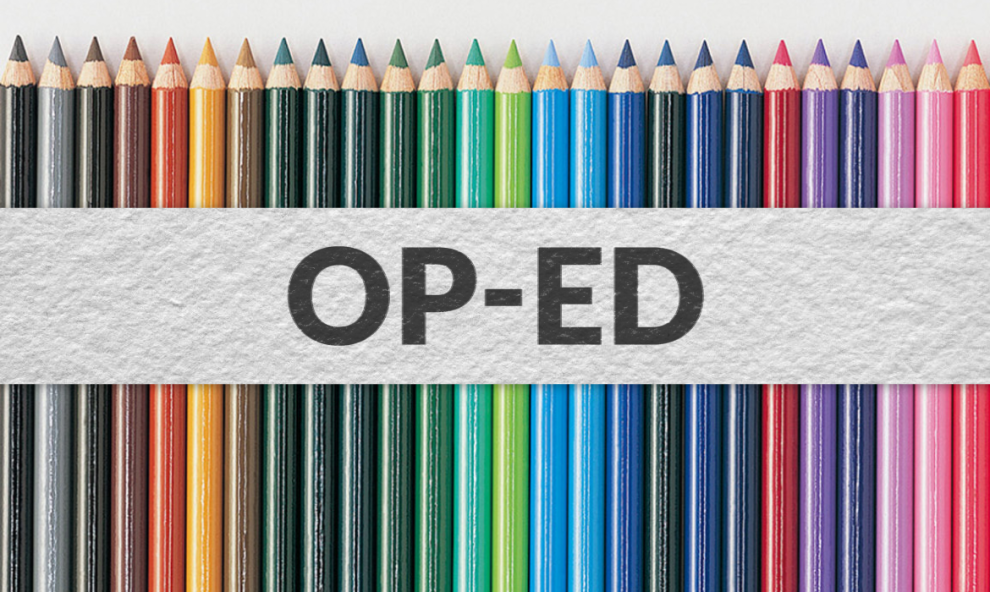Politicians and interests, in addition to the so-called “red circle” (i.e. all those that comment on or act in the political arena), have been debating the construction of a new airport for Mexico City for years. During these years, China has constructed ten airports a year and plans to continue doing so until 2020. Even more significant is that the project of each of these airports is not limited to the physical construction of the airport terminal, but also involves integral foresight of urban and regional development. In contrast to China, which is neither a democracy nor pretends to be, Mexico has not only been unable to end up constructing the famous airport but rather we have created a social environment of corruption, impunity, condemnation, hatred, lies and complicities that render impossible the coming to fruition of a work of even essential infrastructure.
In the last two decades Mexicans transited from the PRIist era of vertical control to disorder and to an attempt, on occasion pyrrhic, to reconstruct the old system. Along the way, the society changed without the consolidation of a democratic context: a culture of dialogue does not exist, the social networks are increasingly violent and visceral and the press tends to identify journalism with summary trials. The result is that some democratic forms live on with unmitigated pre-modern behaviors. In this manner, rather than establishing checks and balances, what is observed is the growth of two parallel worlds that do not communicate with each other: that of the society and that of politics, each with its coexisting vices.
What we call democracy has experienced an involution into a type of secular fundamentalism that is provincial, conceited and deeply anti-liberal. There’s no better example than that of our electoral system, where a system has been constructed of simulations and impunities that, ensconced behind a world of interminable rules, does nothing other than restrict freedom. No one should be surprised that a system so illiberal would exude so many conflicts and disputes as a result. Were there trust, as in consolidated democracies, so much legalistic paraphernalia would not be required.
To begin with, the growing divorce between the political world and that of the society is evident. While in the media the issues are discussed such as whether the world might be at the point of collapse, the politicians are not only immutable, but they conform to a script perfectly delineated beforehand. In the case of the supposedly autonomous commissions, like the INE (elections), IFAI (transparency) and similar entities or regarding what concerns the Supreme Court, the topics being discussed in the media have absolutely no impact on their resolutions: party quotas are untouchable and determine the result much before the issue becomes a matter of public debate. Open discussion has nothing to do with the arrangements among the parties. Parties and policy do not respond to the presumed democratic uproar, much of this devoid of any professionalism.
Perhaps there is no greater deficit in the things to come in the country than its lack of evolution toward a liberal and democratic society. Instead of advancing toward a respectful and serious discussion of public affairs, the preferred course is that of denunciation, outrage and, above all, disqualification. The political counterpart is that politicians’ businesses, corruption and their requisite impunity remain intact. In reference to a certain publication, the critics used to say that it could never recognize a pretty flower, a good dinner or a true friendship. Today that is the nature of the political debate. Accusations are registered definitively without those affected having the right to respond. The critics know the facts ahead of time and their version is unassailable. There is no other possible explanation: the candidate to this or that entity is a bandido because a radio announcer decided so. The political agenda dodges the debate and the debate is irrelevant: as in dictatorships.
Despite the seemingly endless diatribes that characterize diverse actors and sectors, Mexican society engages less and less in dialogue and rejects the right of the others, whoever they may be, to contribute their two cents’ worth to the debate. The paradox is that in the media and social networks acting is the same as takes place among politicians: with absolute impunity. Mexican society, and its democracy, has become anti-liberal. In a traditional –liberal- democracy, everyone has the right to express and defend themselves, independently of whether others share their point of view. In our society we have wound up with an infinity of monologues in which there is a sole truth and democracy is only achieved when I win. None of the others have rights because mine is the truth. The only truth.
Fundamentalism, according to the definition employed in perhaps the most profound study on the theme,* is “the belief that every word of the sacred text (whichever this may be) is divinely inspired and therefore true”. The sacred text can be the Bible or the Koran, but also the rhetorical discourse of any small-time politician or itinerant street peddler. What is crucial is the denial of an alternative view and, above all, of a method to construct it. Because in this nothing distinguishes a government possessing the absolute truth in the hands from critics who are equally intransigent.
Democracy is, or should be, a method for making decisions in a society. In Mexico, democracy has become a sectarian tool that is merely utilized as a shield when useful or convenient.
*Martin E Marty and R Scott Appleby, The Fundamentalist Project, University of Chicago





Comments